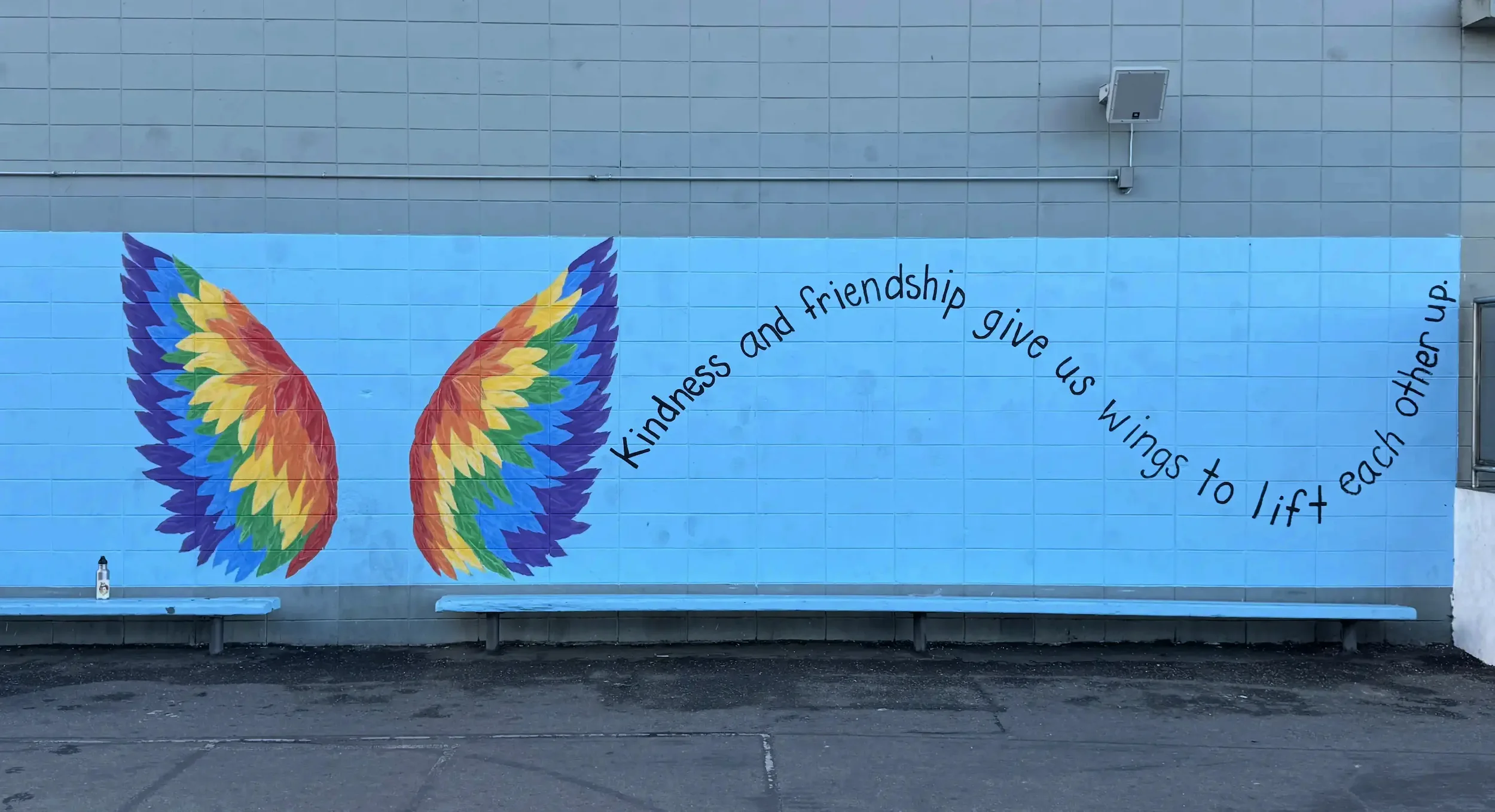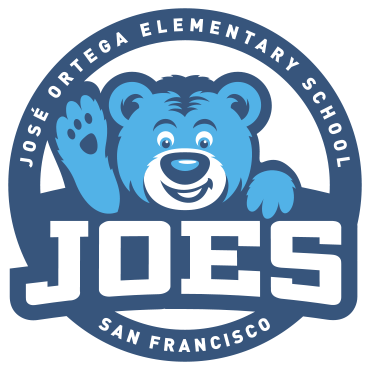
Social and Emotional Learning is about helping students develop a range of skills they need for school and life.
Social-emotional learning (SEL) in SFUSD is centered around four research-based competencies:
Self-Management
Social Awareness
Students acquire skills in connection with each competency, both through explicit teaching and through SEL skills embedded in content curriculum. These SEL skills help students become learners and citizens ready for graduation and life beyond SFUSD by giving students tools to deal with change, stress, conflict, or difficulty.
Children benefit from social-emotional learning (SEL) at any time, but today it’s especially important to help them develop the skills they need to connect and thrive.
Restorative Practices are built on a framework and principles which focus on both community building and repairing harm in order to help students be their best. Restorative practices allow students to learn from mistakes and move forward in positive behaviors and relationships. Restorative and trauma-informed practices and social-emotional learning go hand-in-hand as students learn how to lead and work with others in their school communities.
Restorative Practices are based on principles and processes that emphasize positive relationships as central to building community and repairing relationships when harm has occurred.
Benefits of Restorative Practices?
A stronger school community
Positive relationships
Improved classroom climate
Fewer disciplinary referrals
More instructional time
